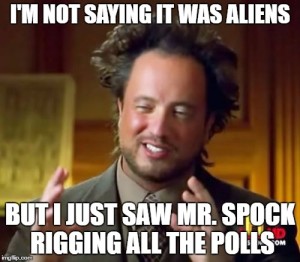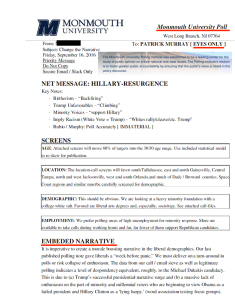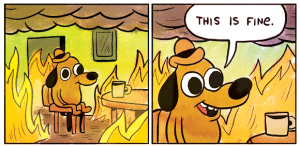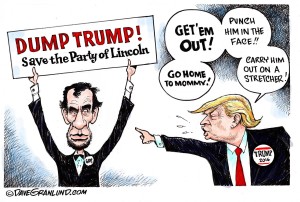This guest post comes from David Riehm, treasurer of the American Solidarity Party of Minnesota. It is a counterpoint to my own recent argument that, with the collapse of the current Republican Party, a new major-party alternative will quickly assert itself to oppose the progressive agenda. It’s more pessimistic than I am — which is impressive, because I am very pessimistic indeed — but nevertheless a thoughtful look at where things stand.
Historical Context
In recent months, I have heard a lot of comparisons between the ongoing reorganization of American politics and the political reorganization which occurred just prior to the Civil War, in which the Whig Party collapsed and Abraham Lincoln’s GOP rose from its ashes. This has been accompanied by discussion of the contemporary issues around which a replacement for the GOP can be expected to organize in the next 2-6 years.
I think, however, that a better historical comparison for our present situation may be the aftermath of America’s first political reorganization, colloquially known as the “Era of Good Feelings”. This was a period of one-party rule in the US which began with the total collapse of the Federalist Party in the 1816 elections and did not end until the formation of the Whig Party in the early 1830s. It seems quite possible to me – likely, even – that the Democrats have a period of similar dominance ahead of them.
There simply is no single political issue today which unites Americans as opposition to slavery did in the 1850s, when the GOP formed and elected Lincoln. Instead, just as Thomas Jefferson’s Democratic-Republicans largely co-opted the platform of the Federalist Party, the Democratic Party has effectively co-opted the original GOP platform, leaving it a jumble of disunited interest groups more likely to fracture into a multitude of ineffective third parties than to reorganize into a new one. (That the GOP cannot survive long as presently constituted, I think, goes without saying.)






